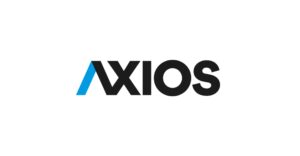
By Caitlin Owens
November 4, 2021
The Democrats’ drug pricing plan doesn’t just apply to Medicare — parts of it also extend into the commercial market, giving the federal government an unprecedented new role in regulating prices paid by those with private insurance.
Why it matters: Medicare negotiations may be the highlight of the plan, but this quieter expansion could signal a political appetite for cost-cutting reforms loathed by most of the health industry.
Where it stands: The deal Democrats announced earlier this week caps how much drug companies can raise drug prices in both Medicare and the commercial market, limiting price hikes to inflation.
- The measure also caps patient cost-sharing for insulin at $35 per month in all insurance plans, including private ones.
By the numbers: Applying inflation caps to the commercial market would generate more than $150 billion in revenue for the federal government by 2030, according to an estimate by West Health.
- The caps would produce savings for employers, per the analysis, some of which have been advocating for the commercial market to be included in drug reform. Those savings could, in theory at least, be passed along to employees.
- “This could be particularly important if you’re an employer and there’s a drug which has significantly raised its price over time. You don’t have to worry about that uncertainty anymore,” said Rachel Sachs, a law professor at Washington University.
Yes, but: The bill uses 2021 as the base year for the inflation caps, whereas previous versions had set it to a few years ago.
- Since prices have risen over the last few years, that allows prices to remain at their current levels, even for drugs that have recently seen large price hikes.
What they’re saying: “I can’t think of a precedent where the federal government similarly capped healthcare price increases in the private sector,” said KFF’s Larry Levitt.
- “The precedent for a federal role in capping prices in commercial insurance is a big deal,” he added.
